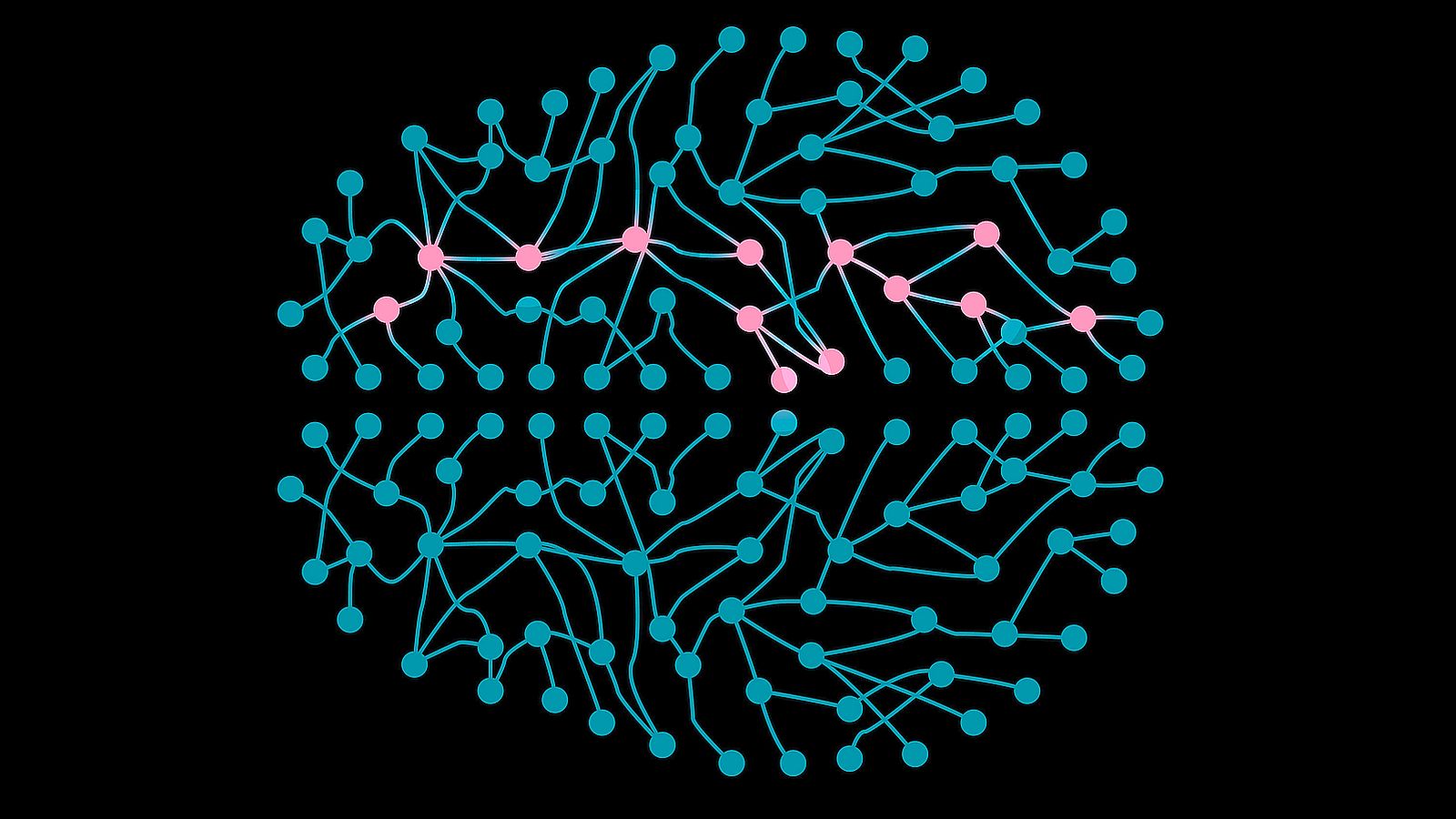
In 1997 IBM’s Deep Blue famously defeated chess Grand Master Garry Kasparov after a titanic battle. It had actually lost to him the previous year, though he conceded that it seemed to possess “a weird kind of intelligence.” To play Kasparov, Deep Blue had been pre-programmed with intricate software, including an extensive playbook with moves for openings, middle game and endgame.
Twenty years later, in 2017, Google unleashed AlphaGo Zero which, unlike Deep Blue, was entirely self-taught. It was given only the basic rules of the far more difficult game of Go, without any sample games to study, and worked out all its strategies from scratch by playing millions of times against itself. This freed it to think in its own way. […]
Read full article: Creativity and AI: The Next Step, published in Scientific American on October 1, 2019